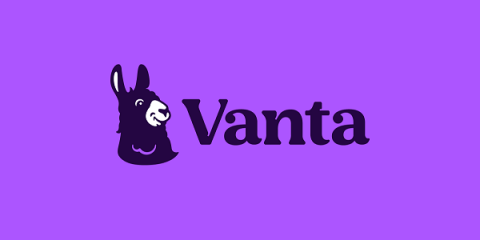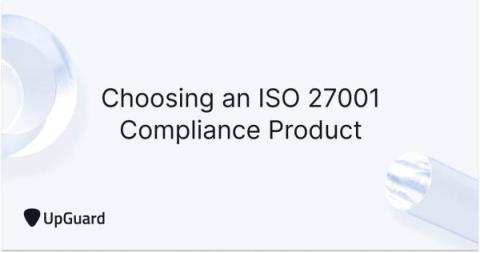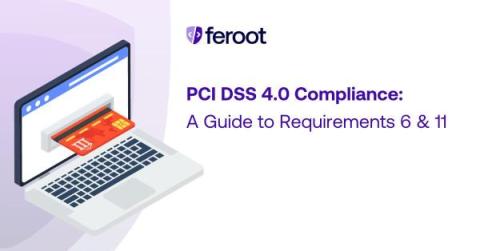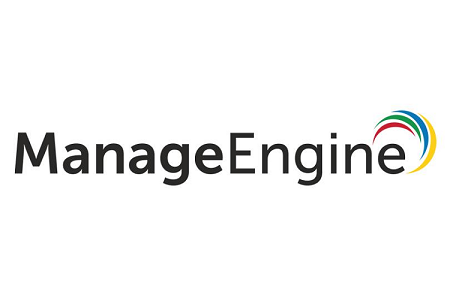Security | Threat Detection | Cyberattacks | DevSecOps | Compliance
Compliance
New in Vanta | September 2023
This past month, we released our new suite of tools leveraging the latest in AI and LLMs, Vanta AI, role-based access control (RBAC), 34 new integrations (bringing the total number of integrations shipped in 2023 to over 200!) and more:
Vanta's AI principles: Building with trust and transparency
Today we announced Vanta AI, our suite of AI-powered tools to accelerate and simplify security and compliance workflows. With Vanta AI, tasks that were previously impossible to automate can now be performed reliably in minutes, enabling security and compliance teams to prove trust and manage risk more efficiently and confidently than ever before. From the start, Vanta has been on a mission to secure the internet and protect consumer data.
Introducing Vanta AI: Powering the future of trust management
Today we’re thrilled to announce the launch of Vanta AI, a new suite of tools that brings the power of AI and LLMs to the Vanta platform to help you accelerate compliance, efficiently assess vendor risk, and automate security questionnaires. AI is transforming the way work gets done, especially when it comes to reducing repetitive tasks.
PCI DSS Requirement 5 - Summary of Changes from Version 3.2.1 to 4.0 Explained
Compliance vs. Security: Striking the Right Balance in Cybersecurity
Compliance and security often go hand in hand as ideas that attempt to protect against cyber threats. While both compliance and security are designed to lower risk, they are not mutually inclusive—that is, not everything that is required for compliance will necessarily help with security, and not everything that bolsters security will necessarily put you in compliance.
Choosing an ISO 27001 Compliance Product
PCI DSS 4.0 Compliance: A Guide to Requirements 6 & 11
In the ever-evolving landscape of cybersecurity, staying ahead of threats and ensuring the safety of sensitive customer data is paramount. For organizations that handle payment card information, complying with industry standards like PCI DSS (Payment Card Industry Data Security Standard) is not only a best practice, but a compliance requirement that can result in hefty fines upwards of $100,000 a month.
Learning about Saudi Arabia's Personal Data Protection Law and the compliance solution
The Saudi Data and Artificial Intelligence Authority (SDAIA) has decided its’ about time to call for the Kingdom of Saudi Arabia’s first data protection law. The Personal Data Protection Law (PDPL), originally included a public consultation component when it was launched by SDAIA in late 2022. Since then, the public consultation was withdrawn, and the draft version of the data protection law augmenting PDPL was issued.











